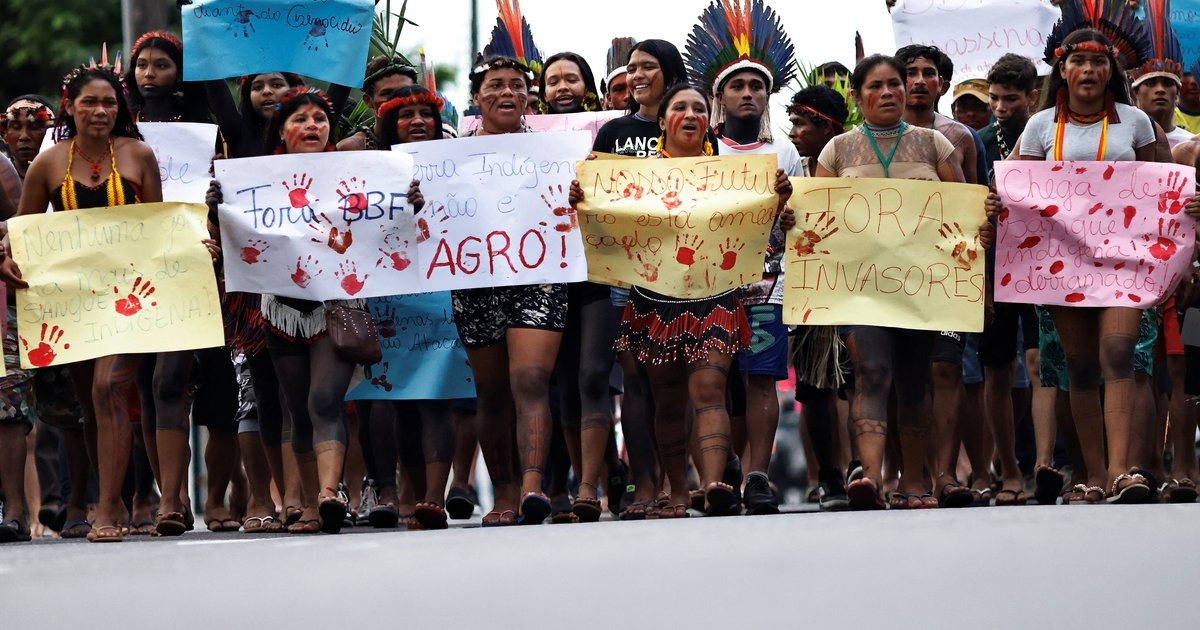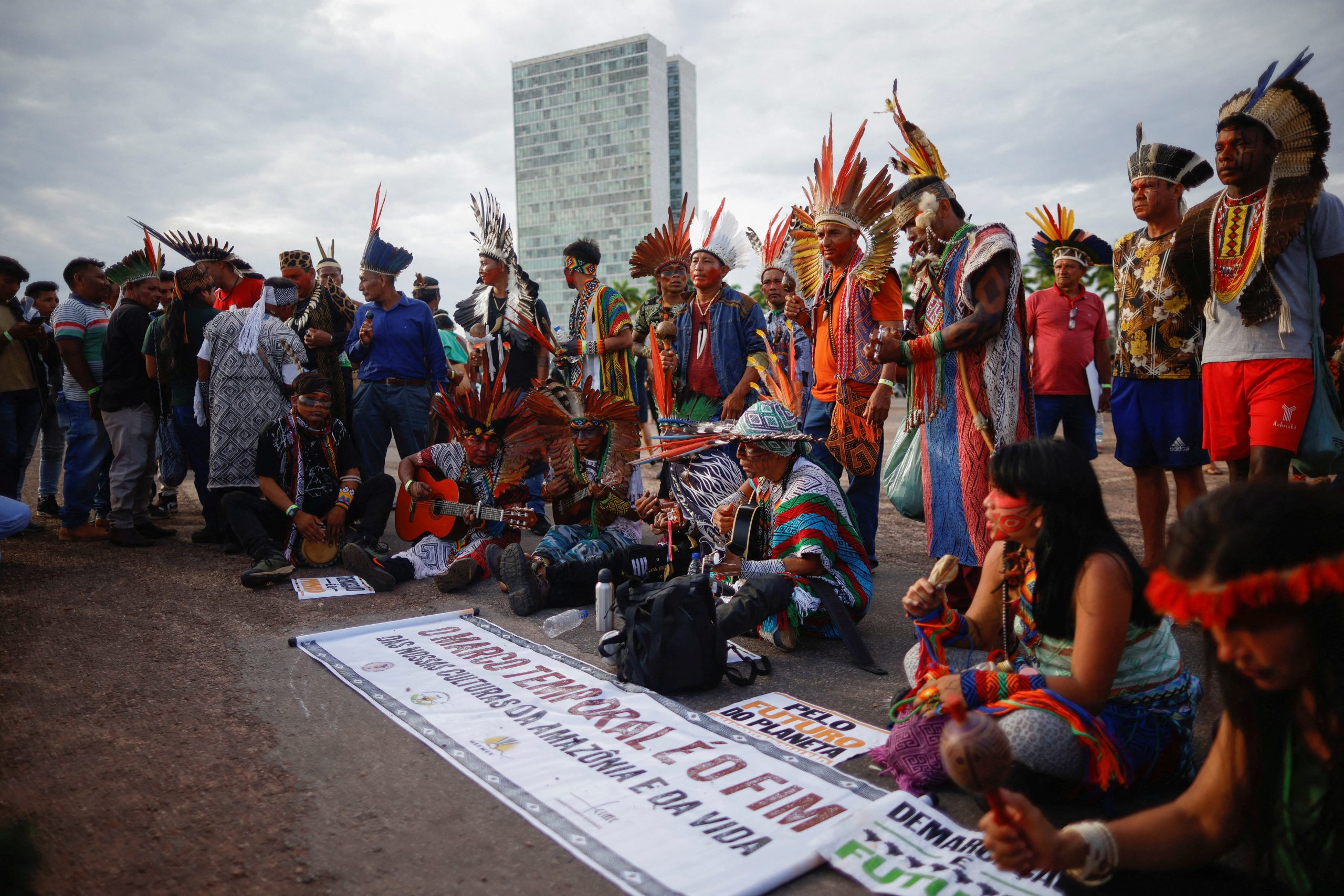The plight of the Familia Araújo Quilombola community in the Jardim Brasília neighborhood of Betim, Minas Gerais, sheds light on the ongoing struggle for land rights and recognition faced by many Quilombola communities in Brazil.
The history of quilombos in Brazil is deeply rooted in resistance against slavery, with these communities representing a form of refuge and self-governance for escaped slaves.
Today, the term “quilombo” refers to communities of African descent with a legal right to their ancestral lands and the preservation of their cultural heritage.
The Araújo family’s journey from Governador Valadares to Betim reflects a familiar narrative of seeking a better life and opportunities for future generations.

Quilombola Community Members (Credits: Civicus Monitor)
Despite facing hardships and living in precarious conditions, they worked tirelessly to build a home and community in Jardim Brasília. However, the lack of proper land registration has left the Araújo family vulnerable to displacement.
In 2017, they were ordered to leave their land by Betim’s local authorities, denying them fundamental rights such as housing, social assistance, and resettlement. This situation highlights Quilombola communities’ systemic challenges in asserting their land rights and securing their livelihoods.
The case of the Familia Araújo Quilombola community underscores the importance of recognizing and protecting the rights of Quilombola communities in Brazil.
It also calls for more outstanding efforts to address historical injustices and ensure that these communities are empowered to preserve their cultural heritage and way of life.























